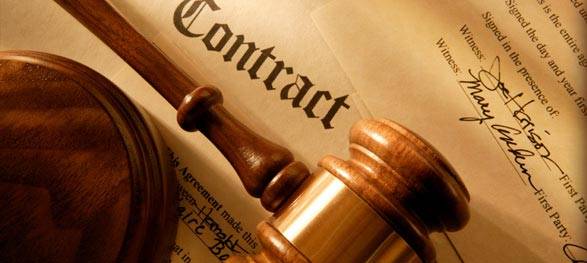If I am arrested?
An arrest is different from a stop. A stop involves brief questioning in the place where you were detained. If the officer wants to hold you longer, or decides to take you elsewhere, such as to the police station, he or she is no longer just stopping you, but is arresting you. An arrest deprives you of your freedom of movement for an even longer period of time than a stop, so the law limits the instances when arrests can be made.
When can I be arrested?
You may be arrested by a police officer who personally saw you violate any state statute, city ordinance or federal law. Police arrest powers vary depending on the seriousness of the offense. The important thing is that the officer sees the violation.
1. If the charge is a minor misdemeanor for which only a fine is the possible penalty (not time in jail), the officer may not arrest you and take you into custody unless you fail to give your name, refuse to sign the citation, or have previously failed to appear in court or pay a fine on a similar offense.
2. An officer can generally only arrest you for a misdemeanor committed in his or her presence, EXCEPT if: a.) you have an outstanding warrant or long history of failure to appear in court; b.) your medical or mental state might cause you to harm yourself or others; c.) the offense is domestic violence or the officer is concerned you may harm another person; d.) you fail to identify yourself with your name and date of birth. If you refuse to identify yourself, the officer can take you into custody to determine your identity.
3. You may be arrested for a felony (a crime for which jail is a possible penalty), even if the police officer did not personally see you commit the felony, IF the officer had probable cause to believe you committed the crime. Later, the court system (not the police) will determine if the officer’s belief was reasonable and if you are guilty or innocent.
4. You may be arrested when there is a warrant for your arrest, whether or not you are aware of the warrant. The police cannot cancel an existing warrant. They must serve it and arrest the person named on the warrant.
An arrest warrant is a legal document, issued by a judge or a clerk of the courts, directing the police or the sheriff to arrest you and take you into custody. This document does not have to be on any particular form. The arresting officer is not required to have the warrant in hand when you are arrested. The officer must show you the warrant within a reasonable time after you are arrested and give you a copy. If the officer fails to do so, tell your attorney later.
Even if you believe the officer has no grounds to arrest you, do not argue with or resist the police. You have no right to argue about why you are being arrested or about your guilt or innocence at the time of the arrest. Arguing or resisting will not help you. It will mean the police can bring additional criminal charges against you, and may make it harder for you to get out of jail on bail if you are charged.
- Again, do not argue with the police.
- Never resist your arrest. Do not run away.
- Never resist the arrest of another person.





